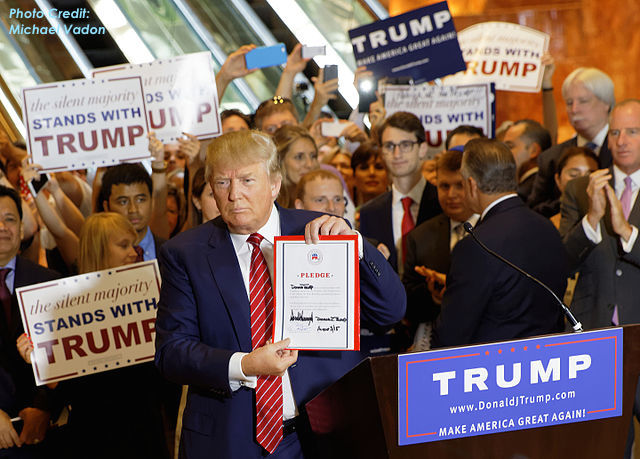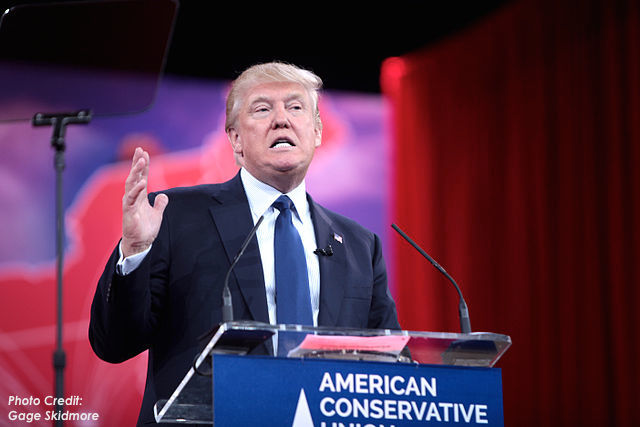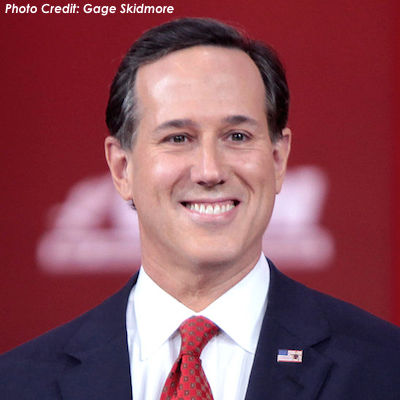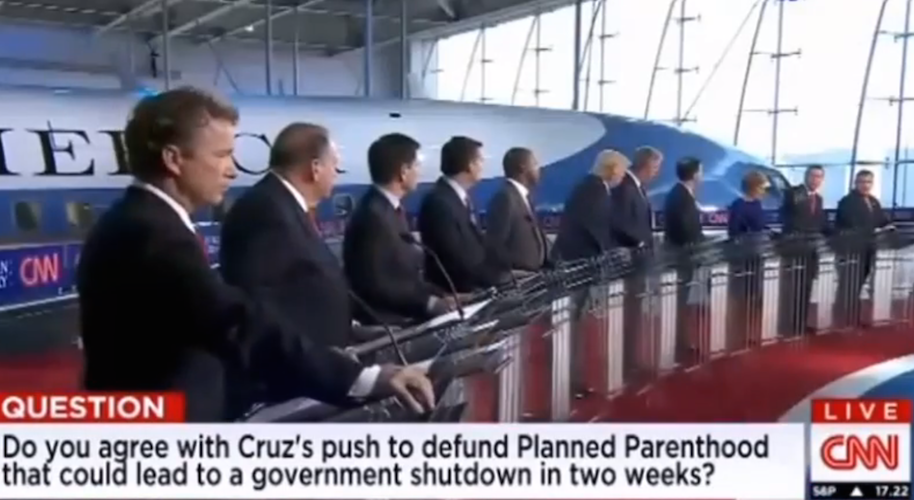There are many ways that the very wealthy already benefit financially from U.S. government policies (which is frustrating to me), but opposing zero-tuition public colleges because rich kids might get to go to public colleges for free seems like a strange position.
Clinton hits Sanders on his tuition free college plan: "I am not in favor of making college free for Donald Trump’s kids."
— Dan Merica (@danmericaCNN) October 5, 2015
What are the odds that Hillary Clinton’s implied scenario of a flood of ultra-wealthy students will suddenly decide to enroll in public universities because the tuition is free now? Won’t they overwhelmingly just continue to go to elite schools where tuition is still charged? (Just like how they tend to go to private school for K-12 even though it is freely available to them in public form.)
And, as a side note about her overall plan (means-testing plus work-study), why should the poorest kids who’ve probably had to struggle the hardest to get to college also then have to work on the side to qualify for tuition coverage under her plan? Why don’t we just make it so everyone, regardless of means, has the right to go to college for free without working in addition to concentrating on their studies — and let the chips fall where they may? Why do we have to make these policies so complicated for no apparent reason? Just offer them to everyone and whoever takes it, takes it. It’s not that expensive.







